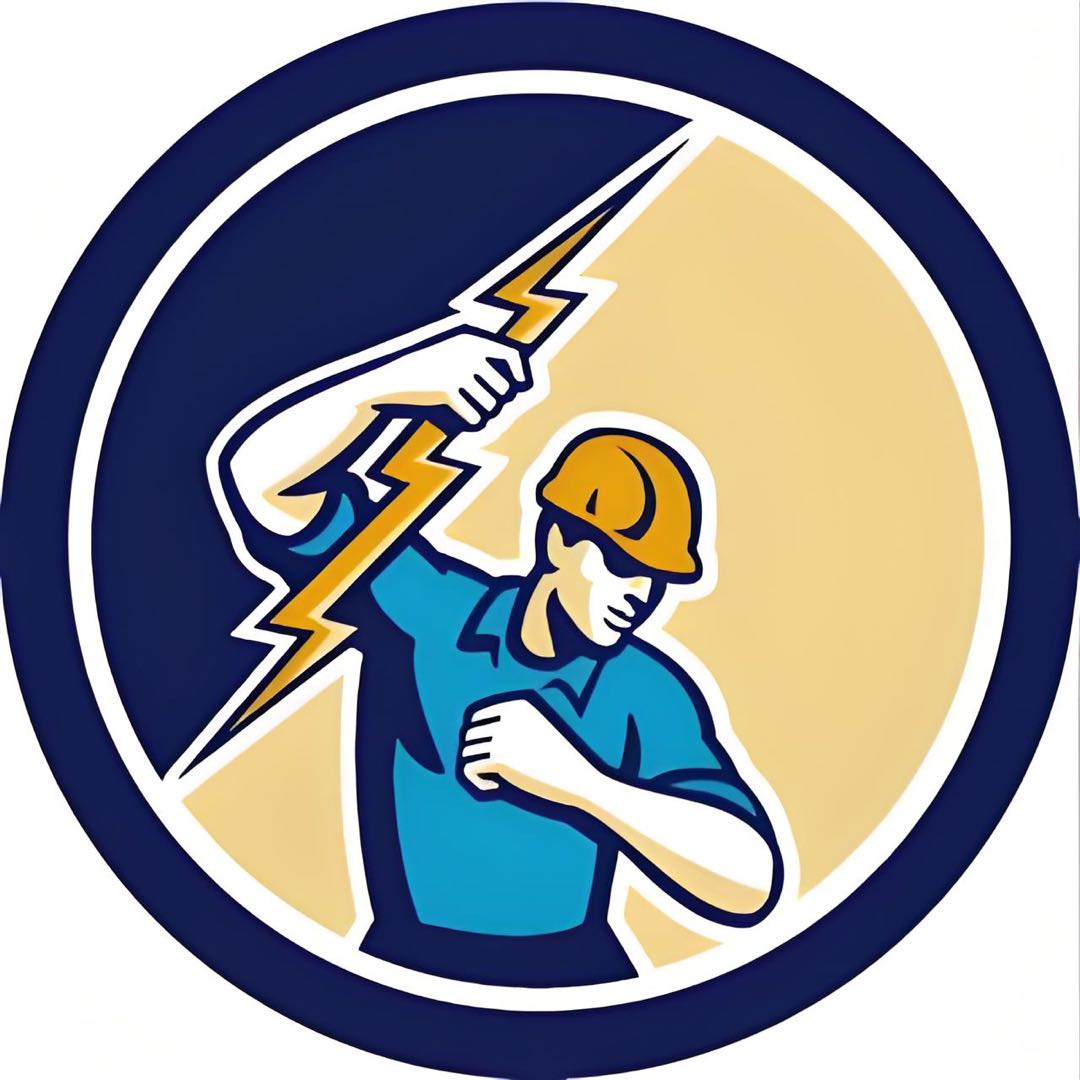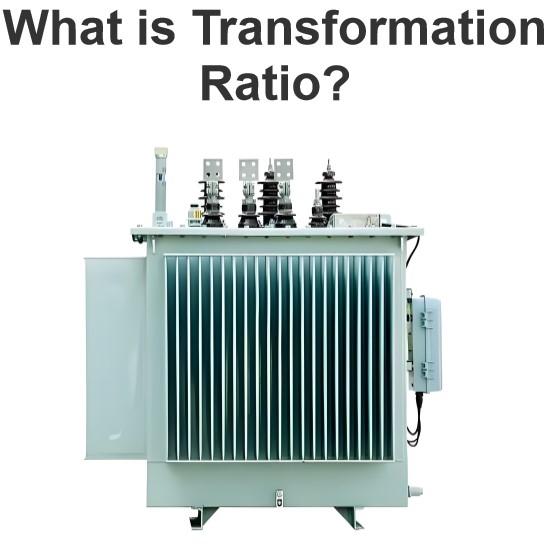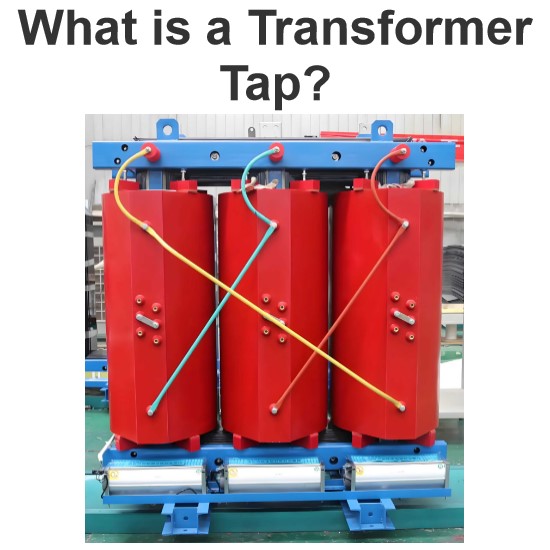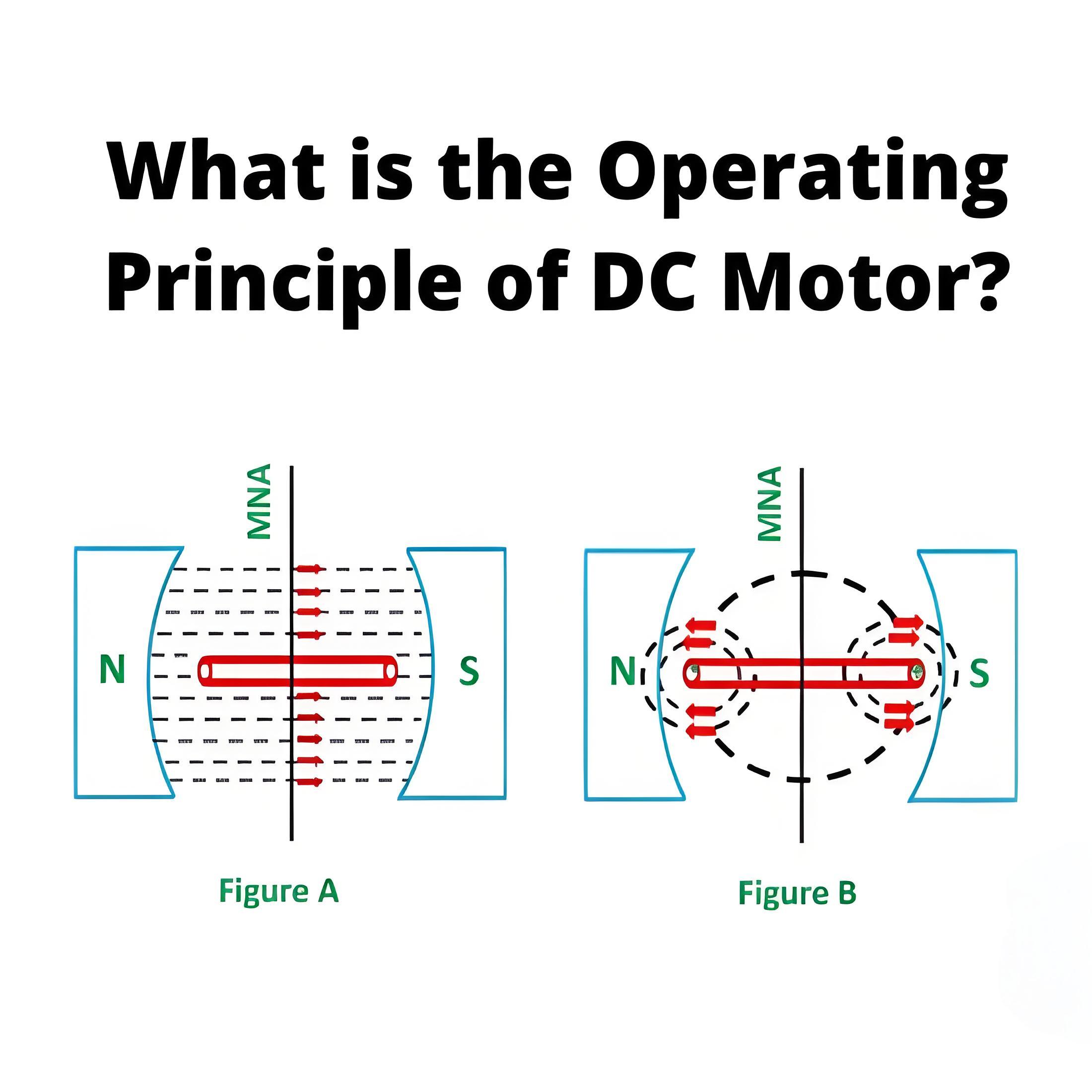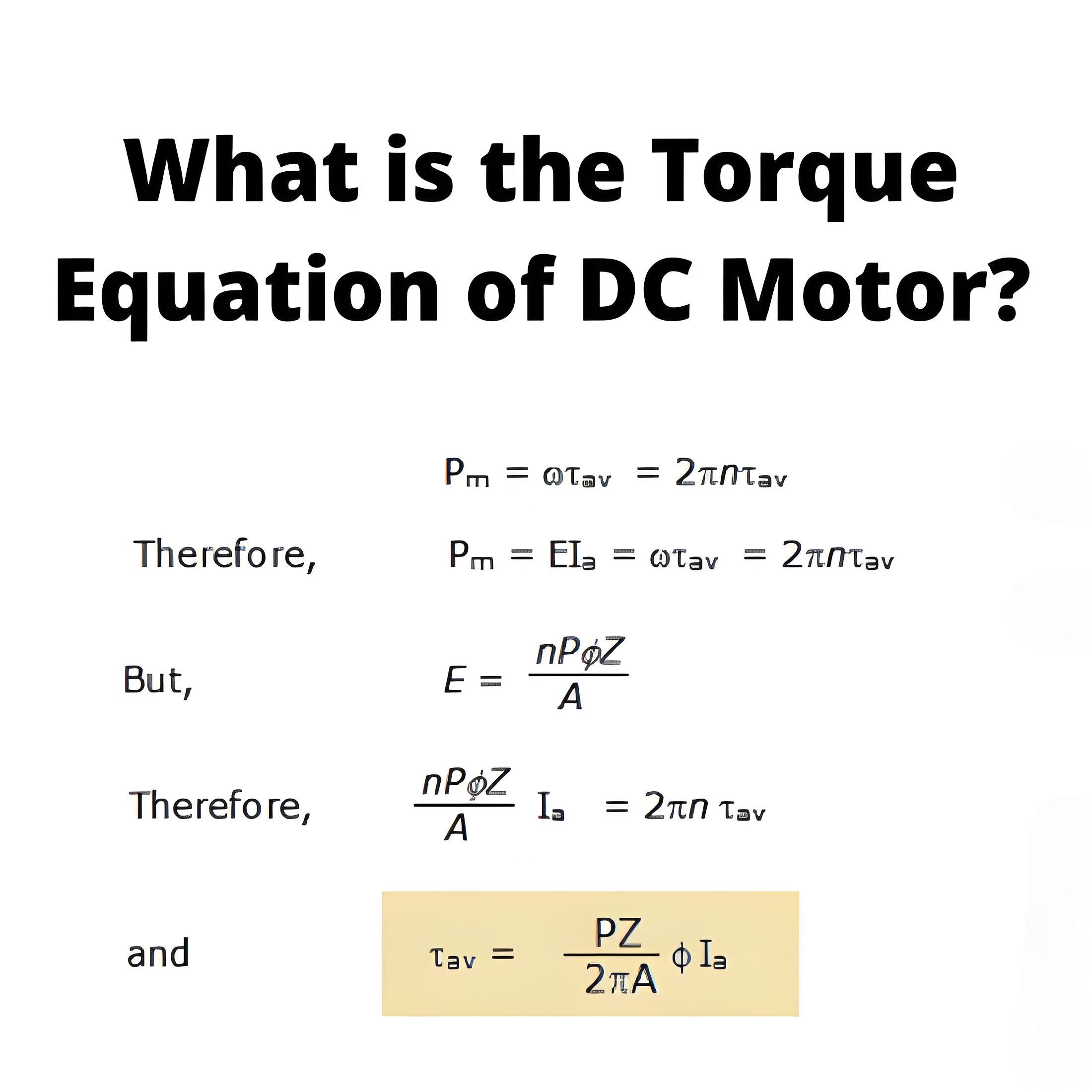Applications of DC Generators
DC Generator Definition
A DC generator is a device that converts mechanical energy into direct current electricity for various applications.
Application of Separately Excited DC Generators
These type of DC generators are generally more expensive than self-excited DC generators, because they need a separate excitation source. This restricts their applications. They are used where self-excited generators do not perform well.
Because of their ability of giving wide range of voltage output, they are generally used for testing purpose in the laboratories.
Separately excited generators operate in a stable condition with any variation in field excitation. Because of this property they are used as supply source of DC motors, whose speeds are to be controlled for various applications. Example- Ward Leonard Systems of speed control.
Application of Shunt Wound DC Generators
Shunt generators have limited use due to their dropping voltage characteristic. They supply power to devices located close by. These type of DC generators provide a constant terminal voltage for short-distance operations using field regulators.
They are used for general lighting.
They are used to charge battery because they can be made to give constant output voltage.
They are used for giving the excitation to the alternators.
They are also used for small power supply (such as a portable generator).
Application of Series Wound DC Generators
Series wound generators are limited in power supply use due to their increasing terminal voltage with load current. This is evident from their characteristic curve. They provide a constant current in the dropping portion of the curve, making them suitable as a constant current source for various applications.
They are used for supplying field excitation current in DC locomotives for regenerative breaking.
This types of generators are used as boosters to compensate the voltage drop in the feeder in various types of distribution systems such as railway service.
In series arc lightening this type of generators are mainly used.
Application of Compound Wound DC Generators
Compound wound DC generators are the most widely used due to their compensating properties. Depending on the number of series field turns, they can be over compounded, flat compounded, or under compounded. They achieve the desired terminal voltage by compensating for armature reaction and ohmic drops. These generators have many applications.
Cumulative compound wound generators are generally used for lighting, power supply purpose and for heavy power services because of their constant voltage property. They are mainly made over compounded.
Cumulative compound wound generators are also used for driving a motor.
For small distance operation, such as power supply for hotels, offices, homes and lodges, the flat compounded generators are generally used.
The differential compound wound generators, because of their large demagnetization armature reaction, are used for arc welding where huge voltage drop and constant current is required.
Welcome to our electricity community! Established to facilitate the exchange and cooperation in the electricity industry and bridge professionals, enthusiasts, and related enterprises.

